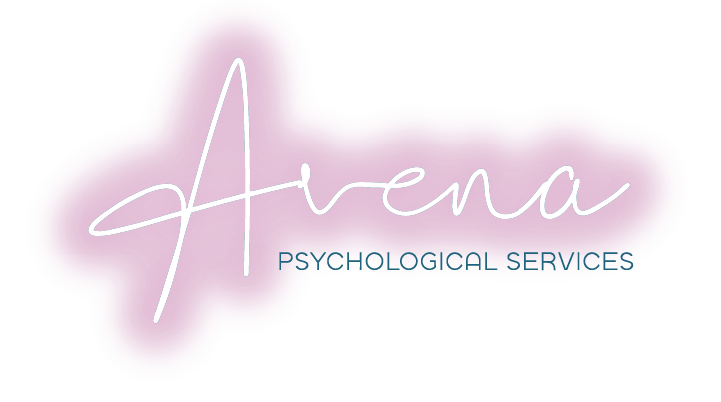Grief, a complex and deeply personal journey, takes its own unique path for everyone. While navigating its twists and turns can feel overwhelming, seeking support through grief counseling can offer invaluable guidance and comfort. Today, let’s explore some of the most commonly used grief counseling techniques that can help you navigate your healing process.
- Supportive Therapy:
Sharing your story is a powerful tool in processing grief. In talk therapy, you have a safe and supportive space to express your emotions, explore memories of your loved one, and work through difficult thoughts and feelings. This open dialogue can offer clarity, validation, and a sense of connection during this challenging time.
- Creative Expression:
Sometimes, words fail to capture the depths of grief. Art therapy, music therapy, or journaling can provide alternative outlets for expressing your emotions, memories, and experiences. Engaging in creative activities can offer catharsis, promote self-exploration, and provide a unique way to connect with your grief.
- Cognitive Behavioral Therapy (CBT):
This therapy focuses on identifying and challenging negative thought patterns that can contribute to emotional distress during grief. By learning to reframe negative thoughts and develop healthier coping mechanisms, CBT can empower you to manage difficult emotions and navigate challenging situations.
- Mindfulness and Relaxation Techniques:
Grief can often lead to anxiety and stress. Techniques like mindfulness meditation, deep breathing exercises, and progressive muscle relaxation can help you manage these symptoms and find moments of calm amidst the storm. By learning to be present in the moment and quiet your mind, you can create space for processing your emotions without feeling overwhelmed.
- Group Therapy:
Connecting with others who share your experience can be incredibly comforting and validating. Grief support groups provide a safe space to share your story, learn from others’ experiences, and offer and receive support from individuals who understand your journey.
- Rituals and Meaning-Making:
Creating rituals, such as visiting a loved one’s grave, writing them a letter, or participating in activities they enjoyed, can offer a sense of connection and closure. Finding meaning and purpose in your loss, even amidst the pain, can be a powerful step towards healing.
Remember: The effectiveness of specific techniques varies depending on your individual needs and preferences. Working with a qualified grief counselor allows you to explore these options and create a personalized treatment plan that resonates with you.
Warm Tips:
- Be patient: Healing takes time and doesn’t follow a linear path. Embrace the ups and downs of your journey with compassion.
- Find support: Surround yourself with loved ones who understand and offer genuine support. Consider joining a grief support group for deeper connection.
- Be kind to yourself: Grief is a challenging process. Prioritize self-care activities, healthy habits, and activities that bring you comfort.
- Seek professional help: Don’t hesitate to reach out to a grief counselor if you feel overwhelmed, stuck, or unable to cope. They can provide invaluable guidance and support on your healing journey.
By exploring these diverse grief counseling techniques and seeking professional support, you can embark on a path of healing that honors your loved one’s memory while allowing you to navigate your own journey towards acceptance and peace.
Contact us to schedule an appointment with a professional in New York or New Jersey.

